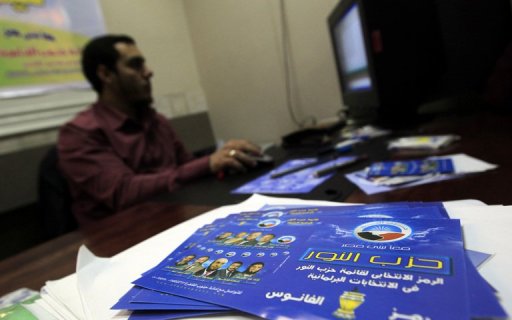Amsterdam/ Washington, DC/ Sharjah, UAE: Migration and movement of people from one place to another are natural phenomena that have occurred throughout history. The creation of state borders and increased security concerns in recent years have restricted the movement of people. But at the same time, immigration has become easier in other ways with advances in transportation and technology. These technological and communication innovations allow people to migrate while retaining contact with their home country.
Immigrants can often find an enclave of individuals who share ethnic or cultural traits in their host countries, watch foreign TV programs via satellite television, communicate with their families through telephone and internet, and visit their countries of origin much more easily. In this context, an important question emerges: how can nations retain their cultural identity? Further, should protection of a cultural identity still be the ideal given the increasingly multicultural nature of societies around the world?
Holland, the United States and the UAE align themselves on a spectrum with regard to immigrant presence in a dominant culture. Holland has a long-standing historical precedent of assimilating new immigrants into Dutch society. The United States falls somewhere in the centre of the spectrum, with a dominant language and culture yet a reputation for being a melting pot of different nationalities. Dubai, part of the United Arab Emirates (UAE), is on the complete opposite end of the spectrum: the majority of the population consists of immigrants living in Dubai temporarily, with the expectation that they will work parallel to, but not as part of, local culture and society.
The native population is actually so small that the government has enacted a policy known as Emiratization that sets quotas for the number of UAE citizens who must be employed by a certain company or industry. Until recently, the UAE s immigration policy has simply extended work visas, rarely granting citizenship. However, Dubai has now begun to sell property to foreigners in certain locations. This means that a certain population of wealthy immigrants will make Dubai its place of permanent residency, thus establishing roots for future generations.
Ultimately, this segment of the population will demand greater influence and participation in local affairs, at which point the UAE will likely need to introduce more democratic reforms and perhaps even allow immigrants to participate in governance, at least at the municipal level. It would also require a merging of local traditional identities with the cultural identities of new Emiratis.
However, the policy dealing with migrant workers maintains a divide between migrant and local populations and cultures. Considering the crucial role of the labour class in Dubai s economy, government policy would be greatly improved by becoming more amenable to this segment of the population.
Shifting the focus to the United States and Europe, we find that the central aim is to reduce integration-related tensions between the immigrant minority and the greater population. Many immigrants are drawn to America because, given its melting pot cultural identity, they feel it is possible to become truly American while still maintaining aspects of their original culture. In practice, however, this process has not always been seamless.
To reach this end, education is fundamental. By improving the level of education attained by immigrants, the jobs immigrants fill in the economy will be more varied, reducing stereotypes of immigrants holding only menial jobs and draining national support systems.
The public education system should also educate students as early as the primary and secondary level about Islam, Middle Eastern politics and other cultures, so that the average American or European citizen has access to objective, academic information about immigrant populations.
As greater segments of immigrant populations become more educated, they also tend to become more politically active. For example, during the last French elections, the percentage of immigrants that went to the polling booths increased greatly in comparison to former elections. And recently, a Moroccan man and a Turkish woman were elected to government in Holland. With rising education and income levels of minority groups, the amount of funds a minority candidate can raise when campaigning also increases, a crucial factor in American elections.
As new citizens gain success both economically and politically, their ability to find a socially acceptable blend between their former cultural identity and the cultural identity of their new home also improves.
Yet, events such as 9/11, the murder of Dutch filmmaker Theo van Gogh, and the Virginian Tech massacre by a US resident alien of Korean nationality, raise tensions. These public acts of violence unfortunately create a fear that immigrant cultures will have a negative impact on their host societies, and as such, create the impression that these cultural identities must be suppressed.
However, at one point in history, Irish immigrants to America – who now constitute a major portion of the American population – faced persecution as outsiders and were involved in gangs and acts of violence. Yet, they are now considered an integral part of American society and culture.
In this way, all nations can learn from their own history by appreciating the change that has already taken place within their societies and accepting the fact that societies, populations and cultures have always been – and will continue to be – in flux.
Kim Brouwersis studying international relations at the University of Amsterdam, Caitlin Kelly recently graduated from Georgetown University with a BSc in Foreign Service, and is a Princeton in Asia teaching fellow, and Sofia Seer is majoring in international relations at the American University of Sharjah. They wrote this article as part of the Soliya Connect Program West-Muslim World intercultural dialogue program. This article is distributed by the Common Ground News Service (CGNews) and can be accessed at www.commongroundnews.org.
